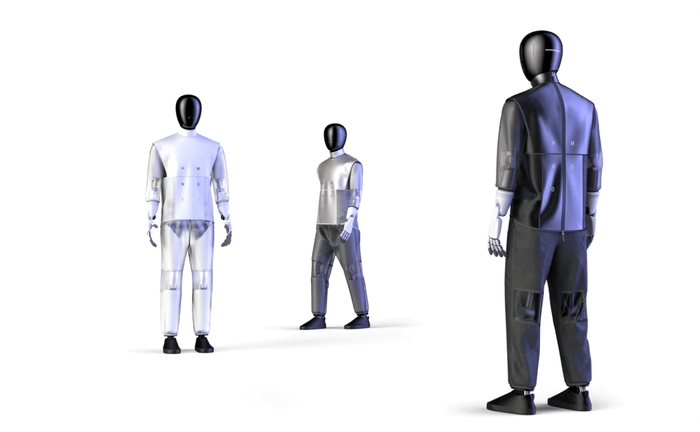Driverless Waymo Taxis Coming to Phoenix HighwaysDriverless Waymo Taxis Coming to Phoenix Highways
Waymo’s Jaguar i-Pace SUVs will become a common sight on Phoenix, Arizona highways

Self-driving taxi company Waymo will start driverless testing of its autonomous vehicles on highways later this month.
The development was confirmed in a blog post on Waymo’s website. If the testing proves successful and safe, it will mark a breakthrough for the company which is owned by Google parent Alphabet.
Until now, driverless operations have been restricted to slower roads in urban environments.
But within weeks, driverless Waymo Jaguar i-Pace SUVs will become a common sight around the highways of Phoenix, AZ, where the company has gradually grown its operations over the past few years.
As with other moves Waymo has made during its expansion, the new service will be introduced cautiously.
At first, the rider-only freeway trips will be available to Waymo employees only. The aim is for it to eventually be offered to fare-paying members of the public.
The company feels that now is the right time to proceed, saying: “As part of our focus on scaling ride hailing, we’ve incrementally ramped up our testing on freeways with passenger vehicles over the past year.”
It claims to have amassed millions of miles of experience on freeways in passenger cars and autonomous Class 8 trucks with human safety operators present and believes the next step is to remove them.
The appeal of driverless freeway operation is obvious, with Waymo highlighting the fact it could halve journey times between Sky Harbor Airport, where it recently introduced curbside pick-ups, and the northern parts of Scottsdale.
The commercial opportunity this offers could be vast.
However, although, in theory, freeway journeys present fewer challenges than city streets – where intersections, cyclists, pedestrians and other road users all make travel complex – there is still an element of risk due to the far higher speeds.
Perhaps significantly, the Waymo blog post does not refer to what the maximum speed for its driverless taxis will be. Nor is it clear how many self-driving taxis will be involved in the test.
The timing of the announcement is particularly interesting, too, given the skepticism that currently surrounds self-driving taxis following key rival Cruise’s fall from grace over the past three months.
Not surprisingly, in these circumstances, Waymo is making clear that safety is paramount.
“We’re following the same processes outlined by our safety framework that helped us responsibly launch and expand the world’s first fully autonomous ride-hailing service over three years ago,” it claimed. The company recently published data that it said showed its cabs were safer than human drivers.
Cruise, meanwhile, has laid off hundreds of staff, paused all operations, changed its executive team and lost hundreds of millions of dollars in investment from General Motors in the wake of a crash involving one of its self-driving taxis in San Francisco in October that it was accused of not being transparent about.
About the Author
You May Also Like







